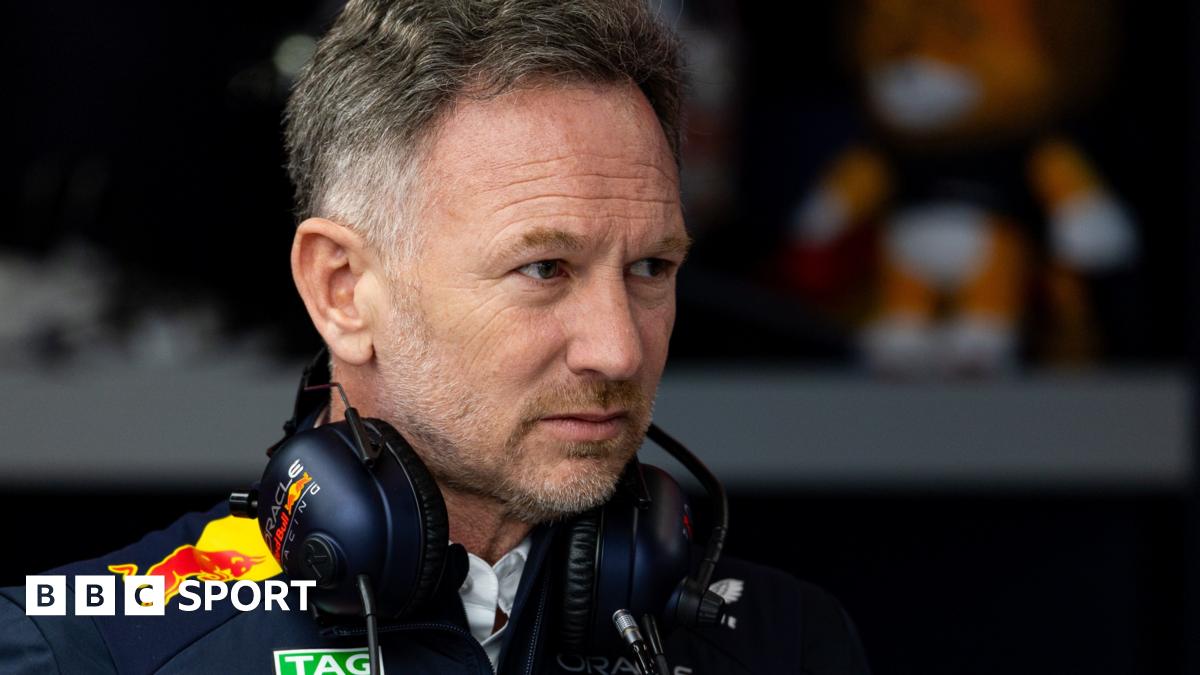Different figures have been published for Horner’s settlement.
BBC Sport is confident in the source behind the figure of 60m euros. Others have reported it as more – the Daily Mail says 92m euros (£80m), while motorsport website The Race has said $100m (£74m).
Ultimately, no-one other than Red Bull and Horner and their respective lawyers can be absolutely sure without seeing the documentation, to which they will not be privy. Equally, more information tends to come out as time passes.
Horner’s salary is said to have been 12m euros (£10m), and his contract ran to the end of 2030. He was sacked as team principal on 9 July this year.
So, a 60m euros settlement essentially equates to the last five years of his contract being paid out.
It might seem odd that someone should be sacked and then paid his full salary, but it is not uncommon in sport.
Football managers who are dismissed for poor results, for example, regularly receive large payouts, such as former Manchester United manager Erik ten Hag last year.
All such situations end up in a negotiation.
In this case, presumably Horner and his lawyers would argue that he did not deserve to be sacked, and should receive compensation on top of his salary – and start with a high number.
Red Bull would argue the sacking was justified, and therefore that if there was to be a settlement figure, it should be considerably lower. There may also have been a desire to reward him for the success to which he led the team, regardless of how the relationship ended.
In the end, a compromise is reached with which all parties can live.
But the High Pay Centre, a UK think-tank that analyses issues relating to top incomes, corporate governance and business performance, says this level of payout “would be considered extraordinarily large by the standards of even the biggest companies in Europe”.
It adds that the sum would “raise questions in the corporate world”.
“Most CEO incentive payments are paid in shares which they have to hold for a period of years, in case any wrongdoing comes to light or if the long-term impact of their decisions proves to be less positive than anticipated,” it says.
“Paying £50m cash to one individual in a lump sum is a very casual way to spend an enormous sum of money.”
For comparison, Horner’s salary would be in the top 10 in the UK if he had been a chief executive officer (CEO) of a FTSE 100 company.
But Red Bull is a private company based in Austria. Comparing with similar situations in the US, Horner’s payout would still be high, but by no means the highest.
The CEO of US drug company Moderna, Stephane Bancel, received an exit package worth $926m, external in 2019.
And co-working space provider WeWork paid its founder Adam Neumann an exit package worth $445m, external in 2021.
